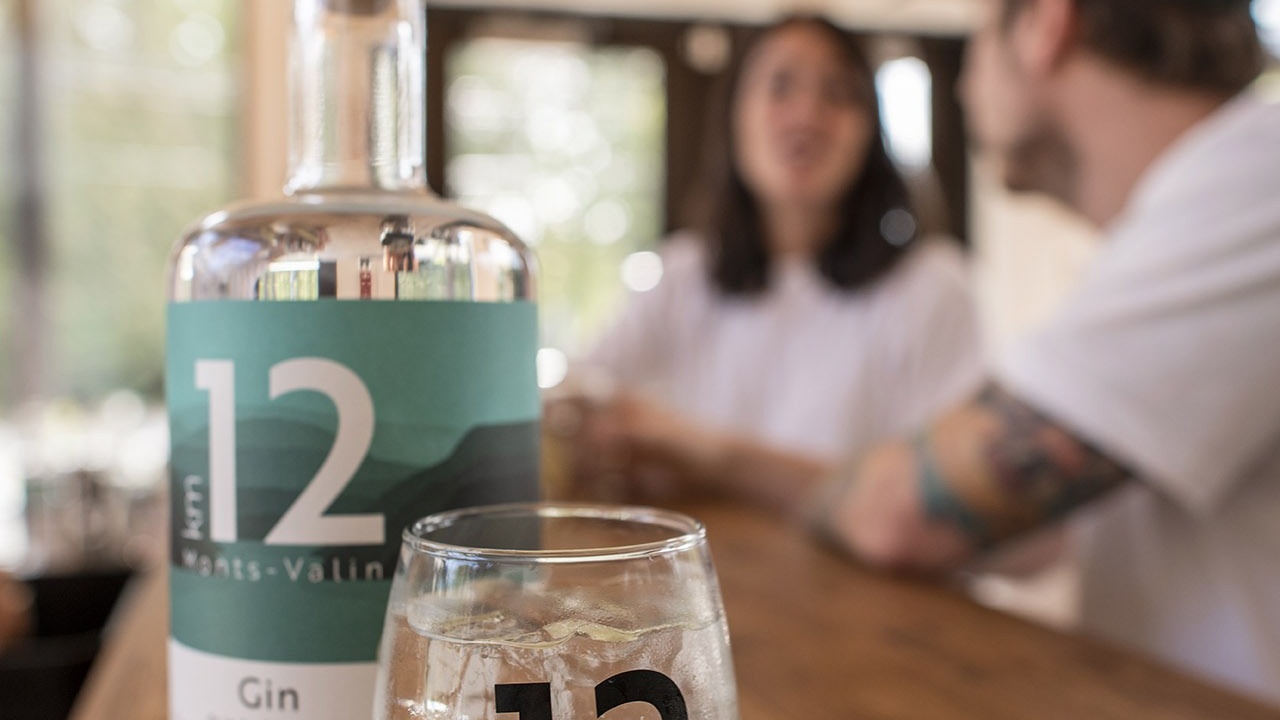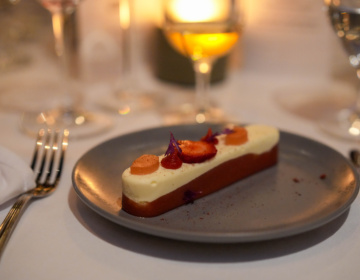To the delight of our taste buds, the Québec spirits industry has literally exploded in recent years. The products offered by our distilleries are avant-garde, surprising, tasty or, better still, diversified. It's all down to the boldness and determination of pioneers who have dared to blaze a new trail. We've come a long way since the first whisky! Let's take a closer look at this growing expertise.
The ABC's of spirits
By definition, a spirit is a beverage with a high percentage of alcohol obtained by distillation of materials that have undergone fermentation. To this is added a refining process designed to modify, improve or embellish the product's appearance. Generally speaking, its alcohol content varies between 40% and 60%. In other words, think of armagnac, cognac, whisky, gin, vodka, bourbon, rum and so on.
A quick visit to the website of the Union québécoise des microdistilleries(1) will tell you a lot about the various stages in the production process. Briefly, the process begins with the preparation of the must (obtained from the fermentable sugars contained in grains, fruit, maple, honey, etc.). Then comes the distillation process (by boiling the fermented liquid, the alcohol vapours are recovered, cooled and liquefied) and finally, conditioning and ageing, the finishing phase before the spirit is bottled.
The history of distillation in Québec: some highlights(2)
1769 - The first Canadian distillery is founded in Québec City: St. Roc Distillery. It produces rum from imported molasses.
Late 18th century - Québec whisky is born. Many distilleries make their own malt, while others salvage unsold beer for distillation.
1921 - In Québec, the Liquor Commission, forerunner of the SAQ, is created following the passage of the Alcoholic Beverages Act, which governs the production of alcoholic beverages in the province. The government now manages and controls the wine and spirits trade, and issues permits for hotels and restaurants.
1999 - Michel Jodoin (Cidrerie Michel Jodoin) opens Canada's first microdistillery, in Rougemont.
2010 to 2014 - Three more players join the Québec distillery industry: Domaine Pinnacle, Les Subversifs and Domaine Lafrance.
2017 - On-site tasting and sales are now authorized for all microdistilleries.
The challenge of local microdistilleries
The distinct richness of our territory is undeniably part of the equation when it comes to creating home-grown products. In fact, regional flavors punctuate, accentuate and even sign the uniqueness of the spirits created by our artisans. They achieve this by constantly pushing the boundaries, using raw materials that are sometimes obvious, sometimes original. These spirits are good examples:
- Maple syrup: Acérum (for the curious, it's a maple brandy!), vermouth-type wine;
- Boreal ingredients: Nordic gin (made with dune pepper, Labrador tea and wintergreen);
- Apple: brandy, vermouth, eau-de-vie, mistelle, fortified cider;
- Honey: gin, apirum (alternative rums made from honey!), brandy, eau-de-vie;
- Berries: blackberry vodka;
- Pear: ice perry;
- Wine: vermouth.
It's important to know that Québec spirits are produced in distilleries or artisanal distilleries, known as microdistilleries, where limited quantities are produced. Across the province, there are some fifty such distilleries in 15 different regions!(2)
Fun Fact: did you know that the shelves of the Société des alcools du Québec (SAQ) are now stocked with over 300 spirits?(2)
The "Origine Québec" designation
Chances are you've seen this banner on one or more bottles, particularly at the SAQ. Created in 2014 and redefined in 2018, it is now reserved for products made by Québec artisans, including locally grown ingredients.(3)
Otherwise, products made with imported alcohol, from Ontario for example, but composed mainly of Québec ingredients will be presented under the "Préparé au Québec" banner. Note that the alcohol must have been re-distilled in the province to qualify for this label, unlike spirits labelled "Bottled in Québec", which are only blended and bottled by a local company.(4) It's all about transparency! Producers are working hard to eliminate any ambiguity when it comes to buying spirits. The "Origine Québec" label is part of the solution.
Driven by the same determination, the Union québécoise des microdistilleries is working in parallel to obtain recognition for two new reserved designations, also known as Protected Geographical Indication (PGI). These designations will identify food products (in this case, spirits) whose production and processing stages are carried out in Québec, and which stand out from other products in the same category thanks to their unique characteristics(7).
At the time of writing, applications for the IGP Spiritueux 100 % Québec and Acérum du Québec are still in progress.(5) If approved, these latest reserved designations will join eight others, including Agneau de Charlevoix, Cidre de glace, Vin du Québec, Vin de glace du Québec, Maïs de Neuville and the most recent,Fromage Fermier(6).
Québec distillery road trip
It's not just your taste buds that will travel with spirits! The Distillery Route gets your exploratory spirit flowing by taking you on a journey along the roads of Québec, "swallowing" the kilometers until you come face-to-face with the creators of your favorite spirits. A total of 12 roadtrip itineraries criss-cross the province. Each one is presented under a theme, such as Complètement urbaine (distilleries in the Montreal region), De l'estuaire (producers in the Lower St. Lawrence), Des belles histoires (in the Laurentians) or Des draveurs (in Mauricie). A fun way to find your way around, according to your tastes and desires.
Simply download the interactive map, book your visit and set off on a voyage of discovery. Make your gustatory escapades unforgettable experiences tinged with exquisite flavors and memorable encounters. Because that's what's behind every sip of local spirit: the meeting of two worlds, yours and that of a passionate connoisseur.
Sources:
(1) L’Union québécoise des microdistilleries, Notre savoir-faire, 2022
(2) L’Union québécoise des microdistilleries, Distillerie du Québec, 2022
(3) La Presse, Les produits québécois mieux identifiés par la SAQ, 4 juin 2020
(4) Les Affaires, Avez-vous étiqueté nos distilleries comme les autres? 16 juin 2021
(5) L’Union québécoise des microdistilleries, Nos spiritueux, 2022
(6) Conseil des appellations réservées et des termes valorisants, Appellations reconnues, 2022
(7) Conseil des appellations réservées et des termes valorisants, Qu’est-ce qu’une appellation réservée, 2022



